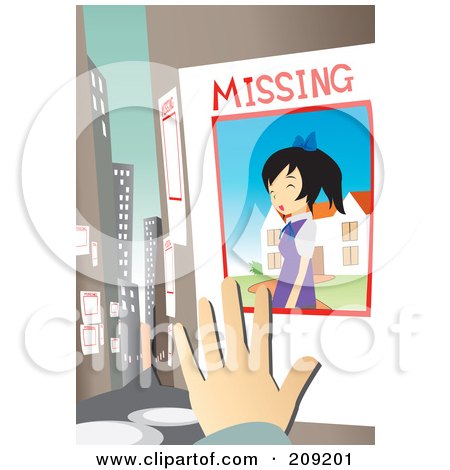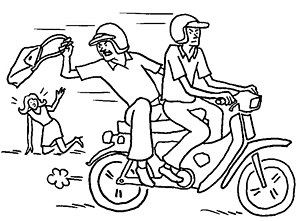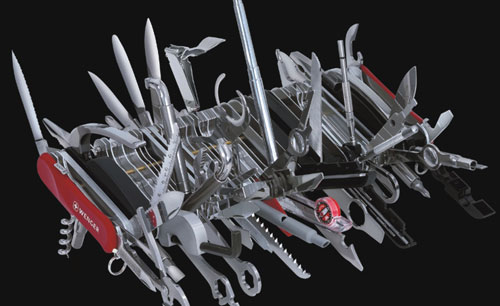The letter
to the editor that urges the government to reduce the tax on alcohol
has its valid point. He gave an example of the repercussions
attributed to the price and tax increase on cigarettes. Illegal
contraband is now quite common in the country.
The same phenomenon is applicable to
alcohol. There is an optimal tax threshold that can be tolerated by
the majority of consumers. They will most probably find alternatives
when the price is too high and usually there is a supply pipeline in
the waiting when there is a demand. That will defeat the purpose of
the high taxes and the revenue received from the sin tax would remain
static at a certain level.
Alternatives to legitimate alcohol
would also rear its head, for example diluted versions or mixtures
from unknown origins. That would put the lives of the drinkers at a
greater risk as they would not realise the beverage they are drinking
are of dubious origins and might not have passed stringent quality
controls.
Home brews might even be popular if
drinkers are desperate enough to have their usual drink or two. If
this is widespread, we would need an increasing number of personnel
to make checks on their illegal activity. The government wants the
revenue but if drinkers go undercover and support a black market, all
future development plans that is tied with the increased anticipated
income would have to be redrawn.
Alcoholic consumption is part and
parcel of certain cultures and slapping a huge tax bill on them would
raise objections. Furthermore, the increase in the tax bill will not
deter habitual drinkers. The drinkers would still find a way just as
the smokers have managed to continue with their habits in a cheaper
fashion.
The current gory pictures on cigarette
packs have not deterred smokers, past, present and future to continue
indulging in the habit. The same can be said regarding alcohol
consumption. A reasonable tax rate will give some form of control to
the industry and prevent contraband from taking over. Meanwhile, a
continuous effort to educate the public that anything in excess should
be avoided should be the rallying call. Moderation is acceptable.
Image from aac




























